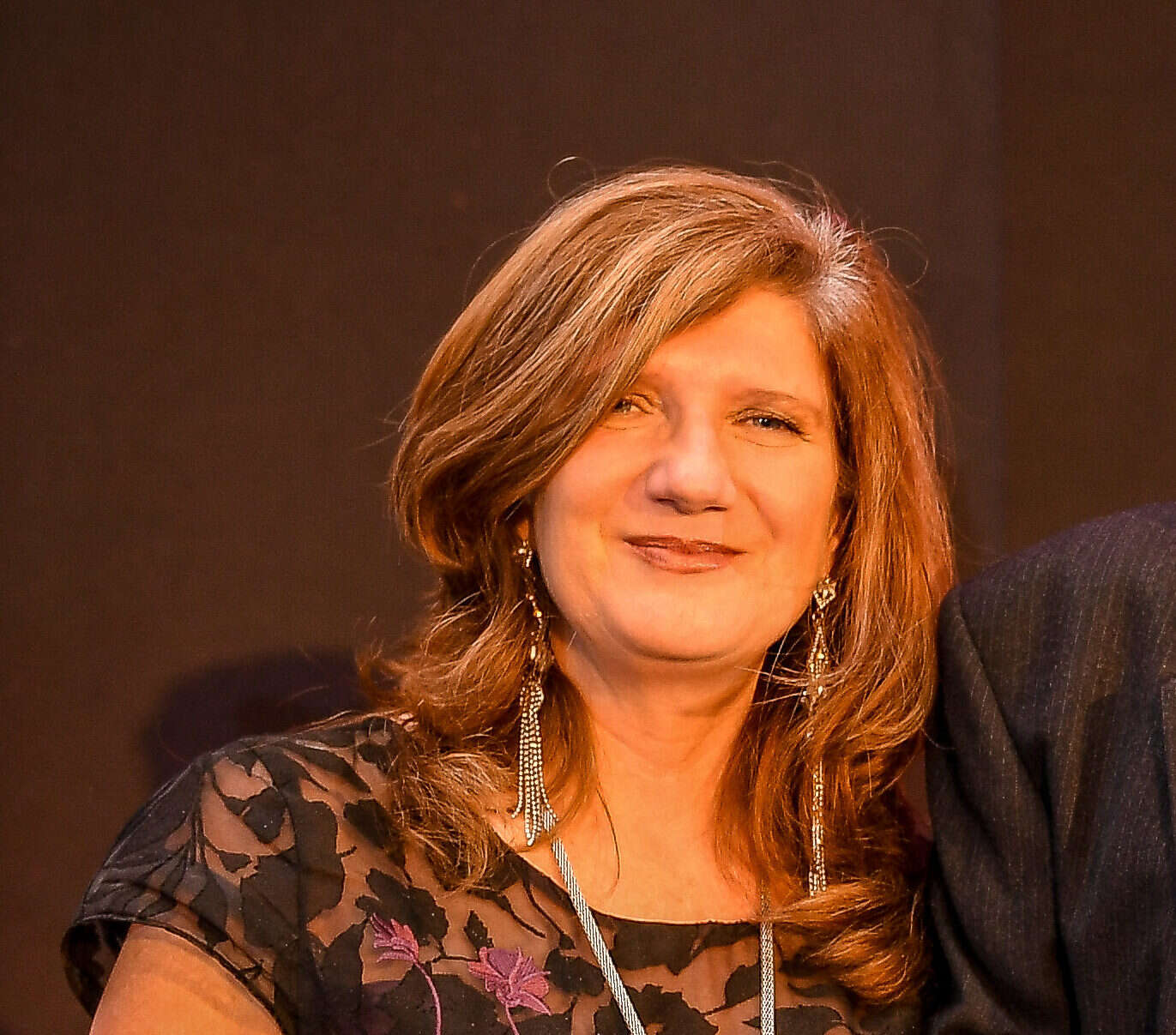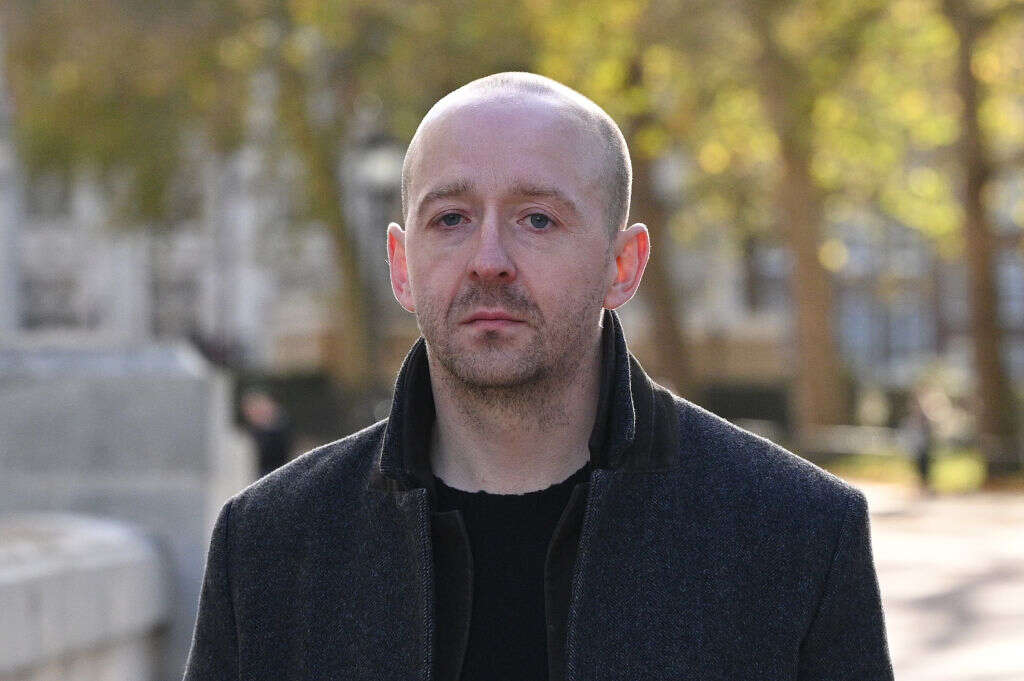
Chief executive of the Science Media Centre Fiona Fox warns about the dangers of planned changes to government communications.
Last week saw a guest paper published by the Institute for Government from Lee Cain, Boris Johnson’s former Downing Street director of communications, elaborating on a plan he had hatched while in Whitehall to overhaul government communications.
Cain, who worked in Number 10 from 2019 to 2020, believes that the system is failing. Of interest to me he argues that unclear lines of responsibility and mixed messages from different government departments undermined the government’s Covid-19 response.
I am told that the ‘Plan for Change’ laid out in this paper has survived his departure from Downing Street and a version of his reforms are in the process of being delivered.
‘I am sceptical that further centralising will empower press officers’
As someone outside government, I am not best placed to comment on the more internal restructuring he proposes. But as head of an independent press office for science, I am increasingly concerned about the ways in which government communications have a knock-on effect on the way science is conveyed to the public, something we saw throughout the pandemic.
In comments picked up by the media, Cain is less than flattering about departmental press officers saying that despite a headcount “well into the hundreds” many are “unable to conduct the most basic functions”.
He lists these as: “Building constructive relationships with journalists, rebutting inaccurate stories and, in many cases, answering enquiries with anything other than an irrelevant agreed ‘line to take’ that fails to address the question. These are all critical requirements that go unfulfilled”
Cain’s proposed solution is to slash the numbers of comms officers and bring those remaining under a centralised command and control leadership in a new Government Communications Service.
He argues that mixed messages from different departments and arm’s length bodies were problematic during the pandemic and centralising comms will ensure that government speaks with one ‘single voice’.
But I am sceptical that further centralising will empower press officers.
These individuals know that giving anodyne ‘lines’ rather than meaningful answers to journalists is not the key to good relationships, but in my experience they steer clear of open and honest answers for fear of falling foul of – yes, you guessed it – Number 10 special advisers.
This is not new. One government press officer told me several years ago that his driving force is to avoid “another bollocking from Number 10”.
Yet Cain’s plans seem designed to instil more of the fear that emasculates press officers. “Directors of communication and heads of news should regard adhering to the overall government message as a key responsibility. Getting enough of the right kind of media coverage should be seen as key in annual appraisals,” he says.
Presumably, those getting the wrong kind of coverage will not be getting that promotion.

Government communication director Lee Cain. (Photo by Leon Neal/Getty Images)
‘Many people were crying out to hear the Prime Minister admitting to getting things wrong’
Cain believes that government would have done a better job on Covid-19 if everyone was speaking with ‘one voice’ under central direction. But one thing we could not have in the early days of Covid was clarity.
This was a completely new virus which the best scientists in the world did not understand. Except for a few established public health measures like hand washing, there were no simple clear messages emerging from the science. Handing out clear ‘lines’ for press officers at that time was bound to end up as spin. Nor am I convinced it was necessary.
Mixed messages and public confusion can be harmful. But this pandemic has demonstrated that the public can be trusted to absorb huge amounts of uncertainty and make judgements in the face of complexity.
Open communication of preliminary and contradictory science is messy but should not be seen as a failure of communications. Many people were crying out to hear the prime minister admitting to getting things wrong and changing his mind when the evidence changed.
Scientists were not the only ones who became suspicious of the single voice from every minister claiming to be ‘following the science’ when it was blindingly obvious that it was not that simple.
By far the most troubling part of Cain’s paper for me is the proposal that comms staff at Arms Length Bodies (ALBs) be brought under the GCS umbrella to “provide greater cohesion and consistency of messaging”. Many of these ALBs were responsible for gathering the data and doing the science that have been the most successful part of the UK’s Covid response.
Agencies like the MHRA, National Institute for Health Research and UK Research and Innovation and the scientists they fund are at arm’s length from government because the media and public expect science to be impartial and non-political. Yet Cain sees that independence as problematic.
“All too often during the pandemic government communication plans were knocked off course by briefings from within ALBs that had not been shared with central government… This could have been solved by having a closer relationship and a clearer command and control structure between government and ALBs, with clearer understanding of clearance processes.”
Timing did not suit government
Cain is clear that the sole purpose of government communication is conveying the “ideas and actions of the government”. Perfectly valid but an essentially political activity. I worry that so few people are alive to the risks of allowing the communication of new scientific data and evidence to be swept up into this politicised system. I lost count of the number of times during Covid that SMC press briefings on new data were delayed or cancelled because scientists were told the timing did not suit government.
One former DHSC comms officer told me that in the past, discussions about the timing of announcements on new science would be a negotiation with Number 10, but during Covid this changed and permissions for press activity were regularly blocked from the centre with no explanation given.
These diktats flow down to the all-important scientific findings generated by independent university academics because government commissioned and funded the studies.
The response of people like Cain always seems to be to pull the reins tighter. But I think there is a strong argument to say public trust in government may be enhanced if the reins were relaxed and government trusted its arm’s length bodies to act independently and responsibly.
We saw a great example of this last week when the JCVI delivered its advice not to vaccinate children while acknowledging the government has a wider remit and every right to come to a different decision. No single voice there and challenging for us all, but an honest and open approach that will be good for public trust in science and government.
The Institute for Government has done us a service by publishing this paper to prompt a public debate. Much of it may look like bureaucratic internal changes but protecting independent science communication from politicisation matters to us all.
Main picture: Jarek Kilian/Shutterstock
Email pged@pressgazette.co.uk to point out mistakes, provide story tips or send in a letter for publication on our "Letters Page" blog
